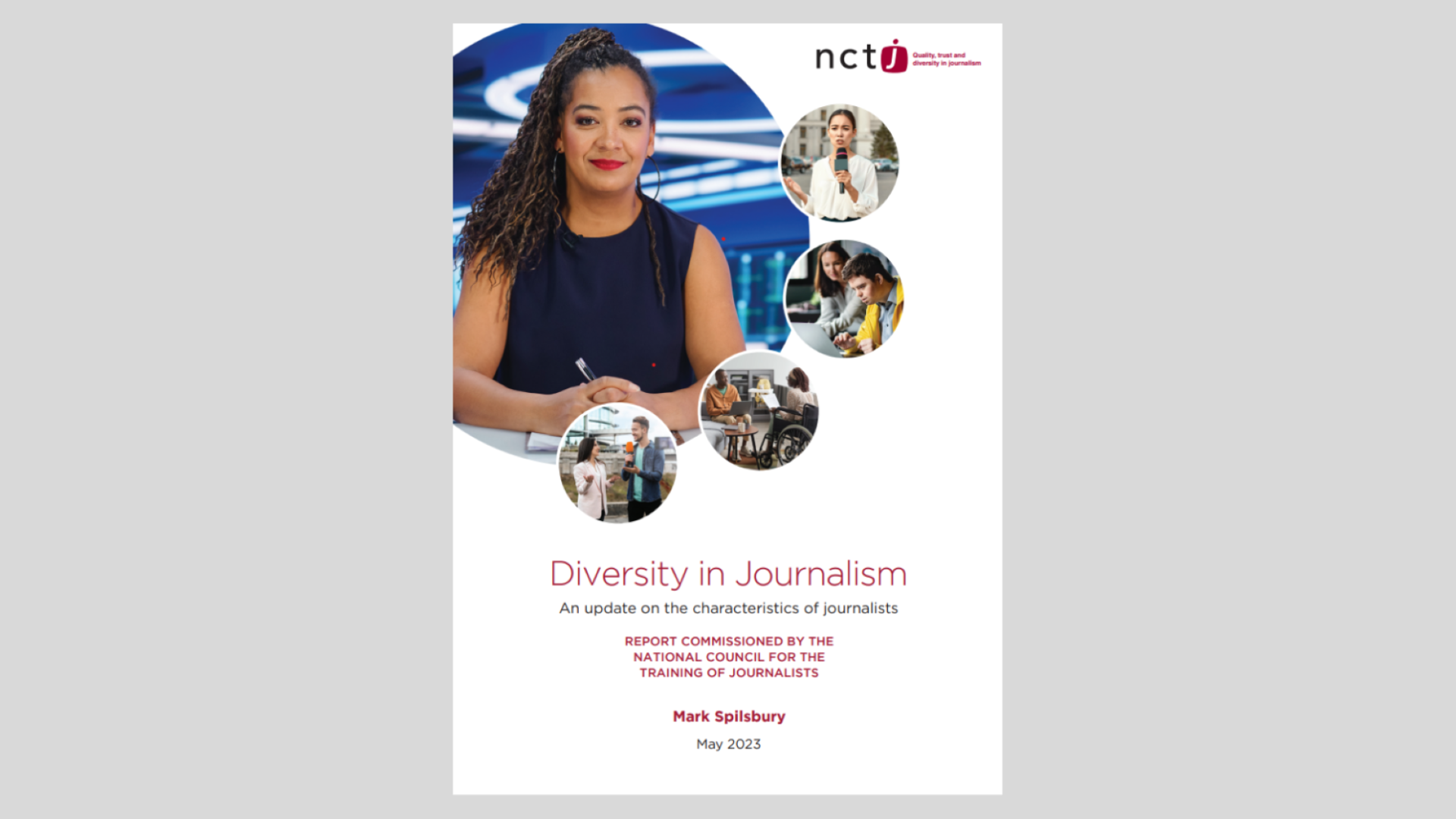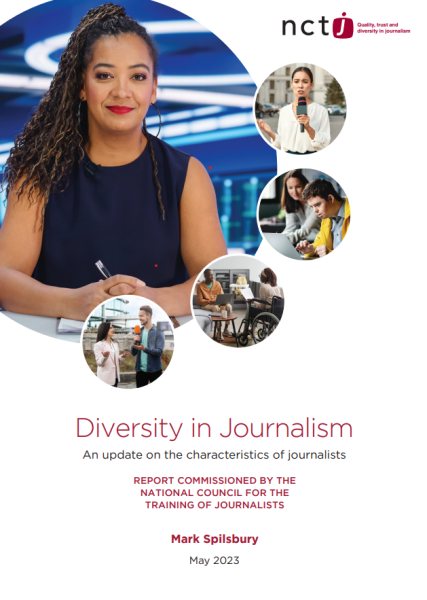
NCTJ announces pioneering outreach project with further education colleges to boost journalism talent pool
The NCTJ has announced a major investment in outreach work to boost recruitment onto accredited courses and provide a bigger talent pool for journalism employers.
 The NCTJ has announced a major investment in outreach work to boost recruitment onto accredited courses and provide a bigger talent pool for journalism employers.
The NCTJ has announced a major investment in outreach work to boost recruitment onto accredited courses and provide a bigger talent pool for journalism employers.
At an industry event held today to mark the publication of the NCTJ’s Diversity in Journalism report, chief executive Joanne Butcher revealed the ambitious plans to help address the problem of social diversity and mobility in journalism.
The latest report, authored by Mark Spilsbury, continues to find ongoing issues with social class with 73 per cent of journalists coming from the highest social classes compared to 44 per cent of the general workforce.
To tackle the lack of working-class representation in UK journalism, the NCTJ has launched Journalism Today, a pioneering project with further education colleges in a bid to target 14 to 18-year-olds and encourage those from disadvantaged backgrounds and lower social economic groups to enter journalism.
The NCTJ plans to initially work with City of Liverpool College, Darlington College, Glasgow Clyde College and North West Regional College to target about 100 young people onto specially-designed programmes.
Each college has proposed and designed inspiring and engaging programmes to show that there is another way into journalism other than university and how journalism can be fun, varied, creative, challenging and, most of all, how it can offer them a viable career.
Joanne Butcher, chief executive of the NCTJ, said: “Following last year’s shocking headline in our diversity report, the appalling lack of social mobility in journalism, we are pleased to be investing in an ambitious outreach project.
“It will start small, working in partnership with some of our further education colleges that have pledged to work in their disadvantaged communities. We want to engage young people in journalism by showing them journalism today, why it’s more important than ever and what career opportunities it can offer them.
“Alongside this outreach work, we hope that setting up a taskforce of our university partners will find new ways of diversifying their journalism cohorts. Improving our communication is key; too many young people are signing up in ignorance for degree or other courses that do not give them the skills to compete for jobs in journalism with those who have the NCTJ.”
Claire Turner, Darlington College’s marketing and engagement manager, said: “We are delighted to support this project as we are so passionate about the fantastic careers that learners can go on to following an NCTJ qualification in journalism.
“This project will allow us to engage with learners who are keen to get in to the industry, but have never considered a non-university pathway to doing so. “
The NCTJ will administer grants to each further education college to create and deliver their respective programmes, which will begin later in the year. They include after-school courses, weekly sessions and summer schools.
Each programme will include the delivery of a unit from the NCTJ’s Certificate in Foundation Journalism qualification, engagement from a guest speaker and a group project, such as a news day or creating a Tik Tok video.
The project aims to boost recruitment of school leavers onto NCTJ-accredited college courses, providing a new pool of talent which employers can hire from. The NCTJ also wants to increase applications to the Journalism Diversity Fund.
Longer term, it is hoped that this initial scheme will be rolled out in future years so that it becomes a regular feature of the journalism talent pipeline.
The NCTJ also plans to convene a taskforce on social mobility to diversify cohorts on NCTJ-accredited undergraduate university courses. Lee Hall, head of school of media and communications at the University of Sunderland, has been appointed to chair the taskforce.
Lee said: “The journalism industry is missing out on a wealth of talent because people feel excluded and choose different paths.
“The taskforce will examine social mobility and focus on action to remove barriers.
“NCTJ qualifications open doors for aspiring journalists, so a key aim will be attracting more students to accredited courses.”
Click here to read the full NCTJ Diversity in Journalism report.

